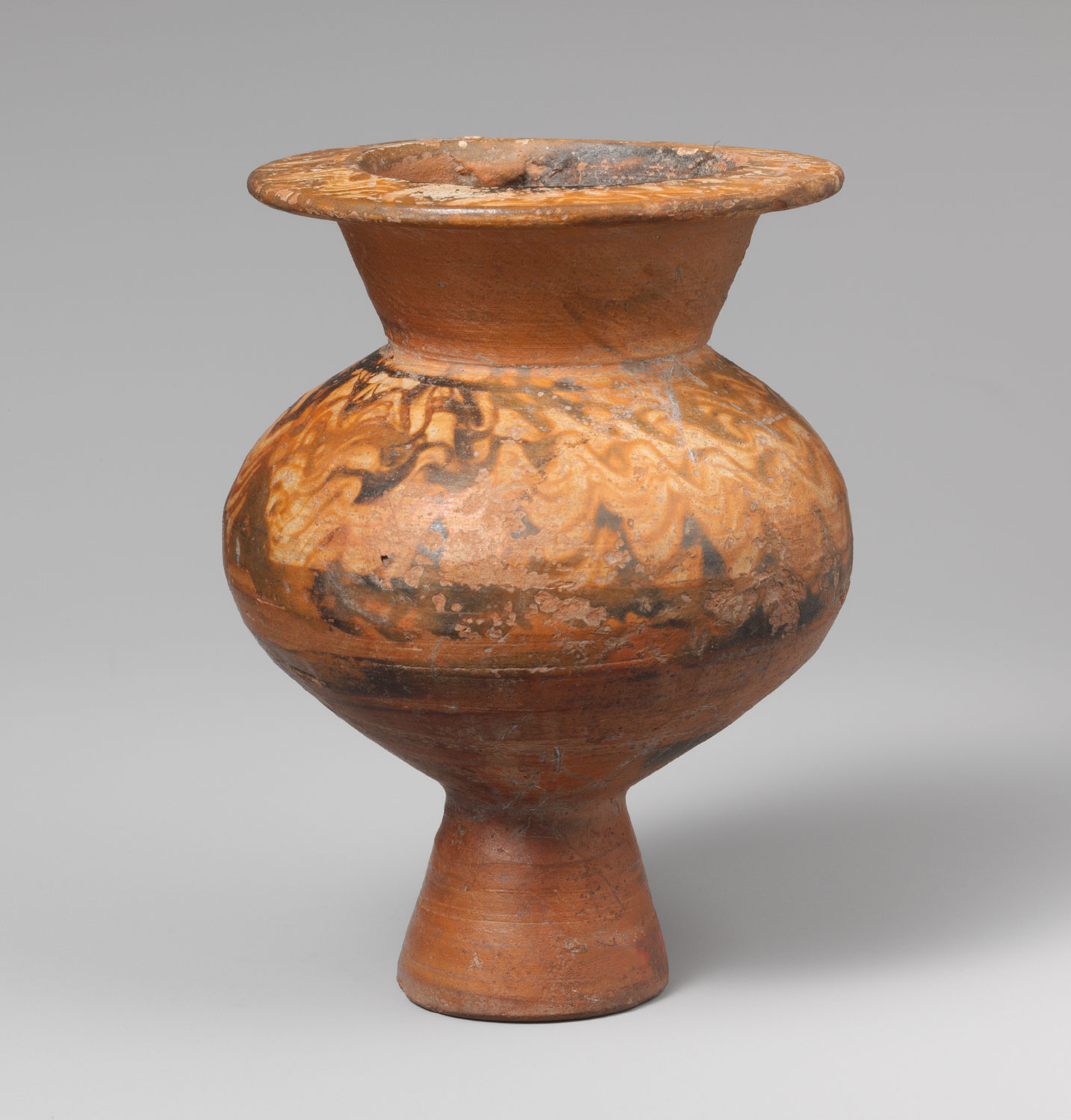When it comes to influential writers, William Shakespeare will always be at the top of the list. Not only has his work probably been examined, analyzed, and adapted more than any other writer in history, not only did they redefine how theatre and poetry could examine the human condition, but the words he wrote went on to shape the English Language itself. The Book of Will, performed on October 24-28 by the Davidson Theatre Department, tells the story of how Shakespeare legacy was preserved through the collection of his works known as the First Folio. In the play, the last original members of Shakespeare’s troupe and their families fight against scheming plagiarists, monumental expenses, and their own mortality to collect and publish the Folio.
To put it briefly (as brevity is the soul of wit), I really enjoyed The Book of Will. Its scenes were detailed, but moved quickly enough to not become boring. It had a good balance of comedic moments and more somber scenes, never becoming lost in one mood. Some of my favorite scenes were the ones that frequently switched between two related conversations – even though the conversions were separate, the smoothness of the transitions between them made them feel like one large conversations, creating an interesting effect that allowed the scene to become greater than the sum of its parts.
The Book of Will‘s in-depth look at the making of the First Folio was fascinating. While parts of it were certainly dramatized, it nevertheless was interesting to learn of early struggles with copyright and preservation of works in the Tudor era. One of the themes repeated throughout the play was the importance of a legacy, and how a great legacy can influence the future. Nowhere is this theme more clearly presented than at the end of the play, when the actors (out of character) begin to quote famous monologues of Shakespeare in various languages – pressing into the audience just how large the scope of the First Folio’s influence is.
The Davidson Theatre Department’s performances were exceptional as well. Of special note were the performances of Adam Gelman, who as Burbage magnificently pulled off one of the most wide-ranging and difficult monologues I have ever seen, as well as Deya Bowers, whose scenes as the gruff, unsavory William Jaggard steal the show.
If there is one place for criticism about The Book of Will, it was the scenes that consisted only of characters moving around and pantomiming actions such as working a printing press. These scenes were not interesting in the slightest, added nothing to the characters or the story, and should’ve been removed entirely. Thankfully, such scenes were few and far between, and overall The Book of Will was an engaging and entertaining look into the world of Shakespeare and the importance of legacy.
